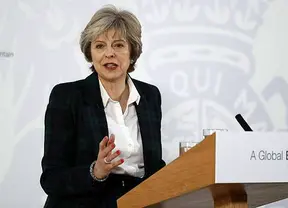
Britain will no longer be part of the EU's single market when it leaves the European Union, British Prime Minister Theresa May said in a much-anticipated speech yesterday, outlining her priorities for a "hard Brexit".
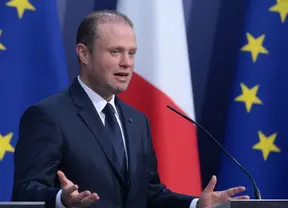
Europe's response to British Prime Minister Theresa May's "hard Brexit" speech should not be apologetic or shrinking, a leading academic in European affairs said Tuesday.
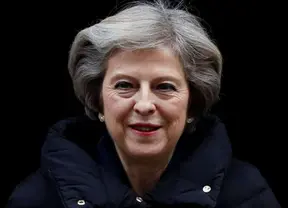
Britain will not seek a Brexit deal that leaves it "half in, half out" of the European Union, Prime Minister Theresa May will say on Tuesday (Jan 17), according to her office, in a speech setting out her 12 priorities for upcoming divorce talks with the bloc.
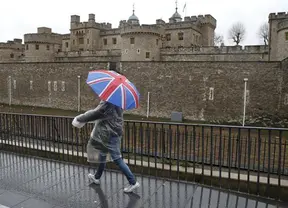
Just as London appears to be coming round to the idea that it will need a temporary transitional agreement with Brussels to smooth its exit from the European Union, it may find the position of European leaders has hardened.
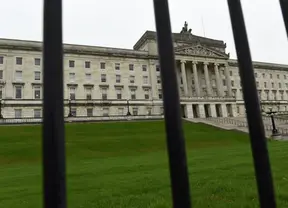
Britain's plan to trigger Brexit talks by the end of March could be delayed by a political crisis in Northern Ireland if the British Supreme Court rules that Belfast's regional assembly must approve an EU exit, a lawyer for a Brexit challenger said.
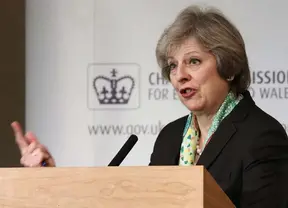
British Prime Minister Theresa May said on Monday (Jan 9) it was wrong to say a "hard Brexit" was inevitable, after the sterling fell to a 10-week low following comments intepreted as a signal she would prioritise border controls over EU market access.
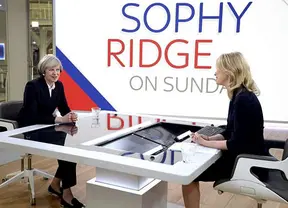
British Prime Minister Theresa May said on Sunday (Jan 8) that she would set out her strategy for Brexit over the coming weeks, denying suggestions she was "muddled" in the pursuit of what she called the right relationship with the EU.
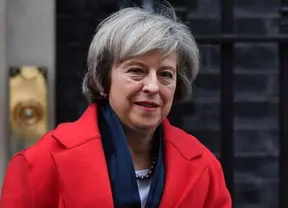
Britain will not be able to buy access to the single market following its exit from the EU, a former top British official at the European Commission has warned, casting doubt on mooted government plans for Britain's future relationship with the bloc.
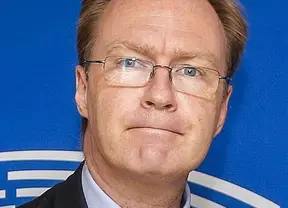
Britain's Brexit plans were in turmoil yesterday after its ambassador to the European Union (EU) quit, blasting "ill-founded arguments and muddled thinking", less than three months before the process is due to start.
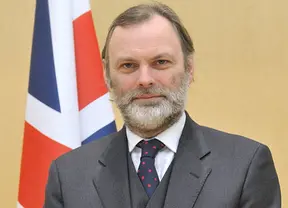
British Prime Minister Theresa May appointed a senior career diplomat as envoy to the European Union on Wednesday to replace an ambassador who quit with a scathing resignation letter that exposed frustration among officials over her strategy.
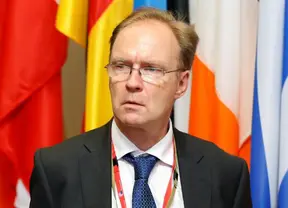
Politicians from both the remain and leave camps in Britain's ongoing Brexit process eagerly awaited hearing on Wednesday who would win the job as the country's top diplomat in the European Union (EU).
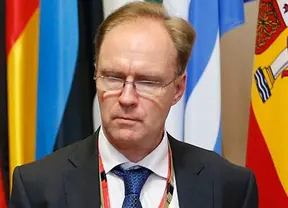
Britain's ambassador to the European Union, who sometimes clashed with London over its approach to Europe, abruptly resigned less than three months before Prime Minister Theresa May is due to trigger formal Brexit negotiations.
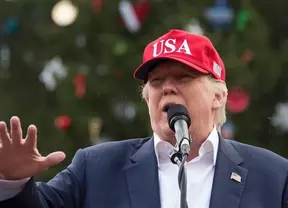
2016 was the year that a decade of bubbling public discontent over the economy boiled over in two dramatic votes.
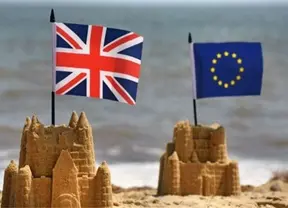
A survey of private businesses employing nearly a third of the British workforce found that most companies want barrier-free access to the European Union (EU) market after Brexit takes place.
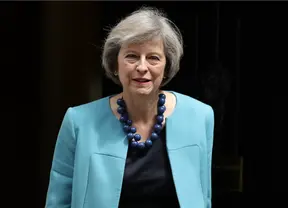
The leaders of Britain's biggest trade union and business organisation sent a joint letter on Sunday to British Prime Minister Theresa May, calling for a unilateral move to agree EU migrants' stay in the country after Brexit.
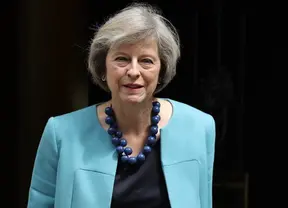
In the next few days, APD would like to take you through the turbulent 2016. We will be presenting stories of a wide range of people – some of them are big shots who have driven major shifts in world order, and others are ordinary folks whose lives have been changed by the dramatic events that occurred this year.
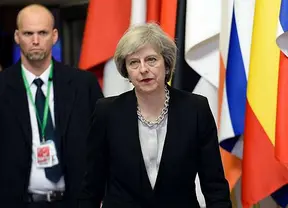
European Union leaders agreed their plan for Brexit negotiations on Thursday (Dec 15), pledging to move swiftly and stick together to ensure Britain does not cherry pick a sweet deal that might inspire others to unstitch the bloc.